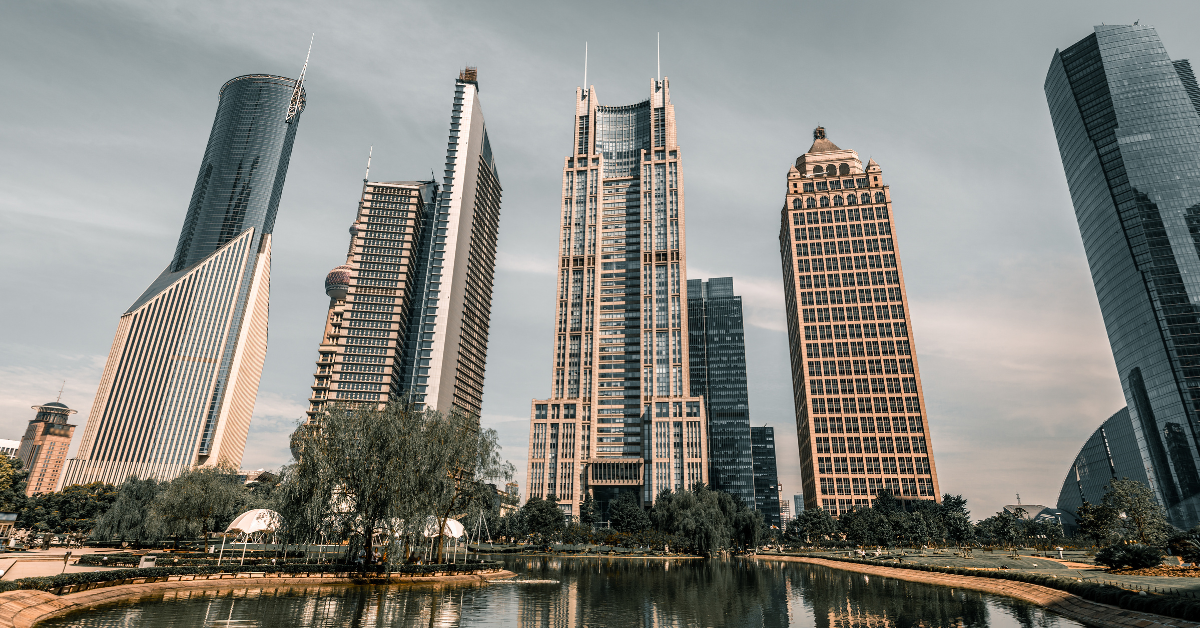We know it isn’t the most pleasant thought to consider, but your commercial property is vulnerable to a great range of risks that are beyond your control. This simple fact is what makes commercial property insurance invaluable to the success of your business.
But while business risks abound, the good news is that a good insurance policy safeguards your business from devastating losses in income and assets should accidents and disasters occur. The protection offered by insurance gives you the resources to quickly bounce back from unexpected events.
However, starting out can be a dizzying affair. That’s why we’re here to make sure you understand the basics.
What does commercial property insurance typically cover?

Your commercial property insurance usually protects the physical structure of your office, the devices stored inside it such as computers and printers, other equipment and tools, business records and documents, and even items and fixtures located outside your building.
These are the occurrences that commercial property insurances typically provide coverage for:
- Fire
- Explosions
- Theft
- Vandalism
- Damage from vehicles or aircraft
There are limits to the coverage you receive, so it is vital to find out what events your property does not have coverage for. For instance, commercial property insurances typically exclude coverage for damage caused by floods, earthquakes, and other natural disasters. You may need to get additional coverage to protect your property from such occurrences.
Note that insurance policies do not cover damage due to the natural wear and tear of your office building. It is best to discuss your concerns with your broker to make sure you gain the right protections for your property.
Know your commercial property by heart.

You must take an inventory of your business first before committing to any policy. When you know your business well, you are able to identify the exact parts of it that need insurance.
Inspect your property and note the physical assets you own. Here’s a sample checklist to make that easier:
- Building that houses your business
- Office equipment (computers, telephones, printers, photocopying machines, business furniture, etc.)
- Industrial machinery and equipment
- Important business records and documents
- Products stocked in the building
- Company signages
- Landscaping (including fences)
How do providers determine commercial property insurance costs?

Providers will consider various factors to calculate your property’s insurance premiums. These are some for you to note:
- Location: Is your area prone to calamities? Is there a fire station situated near your office? The more risks found in insuring your property, the higher the costs become.
- Building Construction: Does your commercial property use fire-resistant materials? Is the building’s electrical system updated? Is the plumbing also up to date?
- Line of Business: Are there inherently more risks in your industry? For example, a typical office building will have fewer risks than one that deals with food.
- Existing Security Systems: Does the building have a smoke/fire alarm and sprinklers? Are there CCTV cameras around the premises? The existence of these can entitle your property to lower rates.
You should also be aware that insurance companies usually use one of two ways to valuate your property:
- Replacement Cost refers to the amount needed to replace and rebuild whatever was destroyed on your property without accounting for depreciation.
- Actual Cash Value, simply put, is similar to replacement cost, except it subtracts depreciation costs from the total amount.
Replacement cost is the usual coverage recommendation for business properties as it doesn’t deduct for depreciation. But it is also good to know that actual cash value usually means lower insurance premiums.
Not all commercial property insurances are created equal.
Remember that insurance providers do not all offer the exact same coverage for commercial properties. If you speak with two different providers, you may find that their terms and coverage limits would vary, which often makes things more tedious and complicated than you’d like.
This is where we come in. When you #ConsultUniguarantee, we can explain unfamiliar terms, help you evaluate your options, and even suggest better coverage alternatives to thoroughly protect your commercial property.
